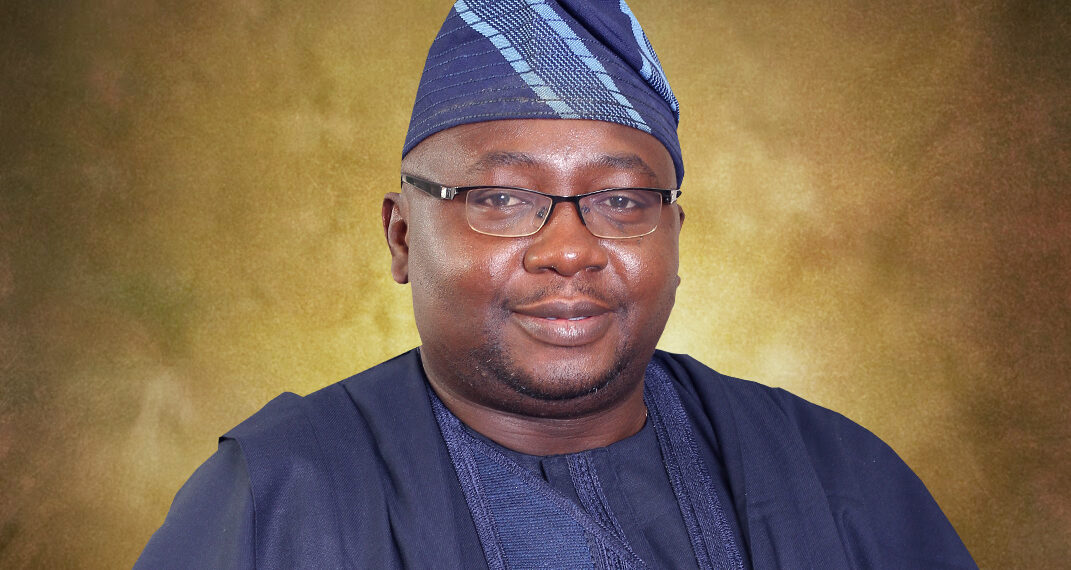Business
Cost of electricity may go up, as minister suggests removal of subsidy, ‘cost reflective tariff’

Nigerians may soon have to pay more to enjoy additional supply of electricity supply, going by suggestions from the Minister of Power, Bayo Adelabu.
Adelabu, has expressed concerns that power plants operated by the government were currently under-utilised and only operating at 25 percent of their capacity.
This, he blamed on a variety of reasons ranging from unpaid debts and low gas supply.
Adelabu raised these concerns on Wednesday when he visited the Olorunshogo Power Plant in Papalanto, Ogun State and the Omotosho Power Plant in Ondo State.
He further noted that the low performance by the plants was caused by debts owed, Part of which was from unpaid subsidy funds by government.
The two government power plants being managed by the Niger Delta Power Holding Company was inspected by the minister, who said the tour was part of his nationwide visit to power installations of the Federal Government, to “inspect and monitor the physical state and the operational state of these power plants”.
While saying he was impressed with the size and the technology of the Olorunshogo and Omotosho power plants, the minister said “I am amazed at the level of under-utilisation of these power installations’ ‘.
READ ALSO:Minister of Power, Adelabu, returns to APC
According to him, each of the power plants operates below 25 per cent capacity, at a time the nation is still complaining about low power generation.
“The under-capacity utilisation is due to a variety of reasons. The major part of it is the shortage in gas supply to these installations. Which is why I needed to see these plants myself. To look at what we can do to improve the operational capacity of these plants.
“What can we do to repair those turbines that are down. What can we do to support these power plants to operate at impressive capacity. So that power supply will improve nationwide,” he said.
Adelabu added that huge debts were being owed the generation companies as a result of electricity subsidy, suggesting the migration to what he called cost-reflective tariffs.
“And we also want to appeal to the Federal Government that once there is a subsidy promise, it has to be fully funded. If our government is not ready to fund subsidies, it is actually better for us to migrate to a fully cost-reflective tariff; because liquidity is a major issue in the sector, which has led to a huge debt being owed power generating companies. And once they are owed, they are also unable to pay the gas suppliers.
When the gas suppliers are not paid, they will be unwilling to supply regular gas to them. So why are these debts piling up? Part of the debts are owed by the Distribution Companies DisCos. The Federal Government is also owing a huge portion of these debts, which relates to the unfunded portion of the subsidy,” Adelabu stated.
He promised that efforts were on top gear to make power available to Nigerians, especially through reliable energy sources.
By Babajide Okeowo
Join the conversation
Support Ripples Nigeria, hold up solutions journalism
Balanced, fearless journalism driven by data comes at huge financial costs.
As a media platform, we hold leadership accountable and will not trade the right to press freedom and free speech for a piece of cake.
If you like what we do, and are ready to uphold solutions journalism, kindly donate to the Ripples Nigeria cause.
Your support would help to ensure that citizens and institutions continue to have free access to credible and reliable information for societal development.
























